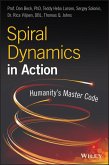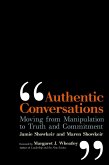Structured in three sections, the book transitions from theory to practice. Early chapters dismantle misconceptions about teamwork, using behavioral economics and sociology to explain trust-building and conflict resolution. Middle sections offer actionable strategies, like "silent brainstorming" to counter bias and "systemic alignment" tools to harmonize team goals with organizational strategy. The finale provides diagnostics and templates, making concepts tangible for leaders managing hybrid teams or resolving communication breakdowns. Unlike generic management guides, it avoids one-size-fits-all fixes, instead advocating context-sensitive solutions validated by productivity metrics and manager interviews.
Written in jargon-free prose, Efficient Team Dynamics bridges academic rigor and real-world relevance. Its interdisciplinary approach-mixing psychology, case studies, and quantitative data-appeals to executives, HR professionals, and new managers alike. By framing efficiency as a learnable system rather than innate talent, the book equips readers to transform friction into fluid collaboration, proving that even dispersed teams can thrive when trust and adaptability become habitual.
Dieser Download kann aus rechtlichen Gründen nur mit Rechnungsadresse in A, B, BG, CY, CZ, D, DK, EW, E, FIN, F, GR, H, IRL, I, LT, L, LR, M, NL, PL, P, R, S, SLO, SK ausgeliefert werden.









